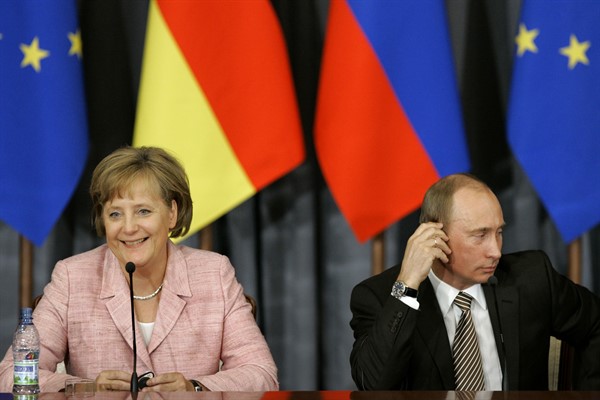Usually, parents don’t congratulate their children for ending up in detention at school. But for my Ukrainian mom in early-1990s Germany, there were some things that mattered more than what my teachers thought.
Having opted to learn Russian at my high school in the city of Hanover, I quickly discovered that the version of history my teachers embraced did not square with what I had experienced growing up in the Ukrainian tradition. My Russian teachers espoused a deep commitment to promoting reconciliation between Germany and the Russian people, having embraced the idea that all of German society shared a collective responsibility for the Nazis’ crimes during World War II.
But while working with schools in Moscow, my teachers had also absorbed a particular late-Soviet view of history in which the experiences of nations stuck between Germany and Russia—including Ukraine—were swept aside as inconvenient detail. My patience finally snapped after hearing a teacher describe Ukrainians as “Little Russians.” The resulting argument won me detention, as well as praise and a nice lunch at the market hall from my proud mom.

